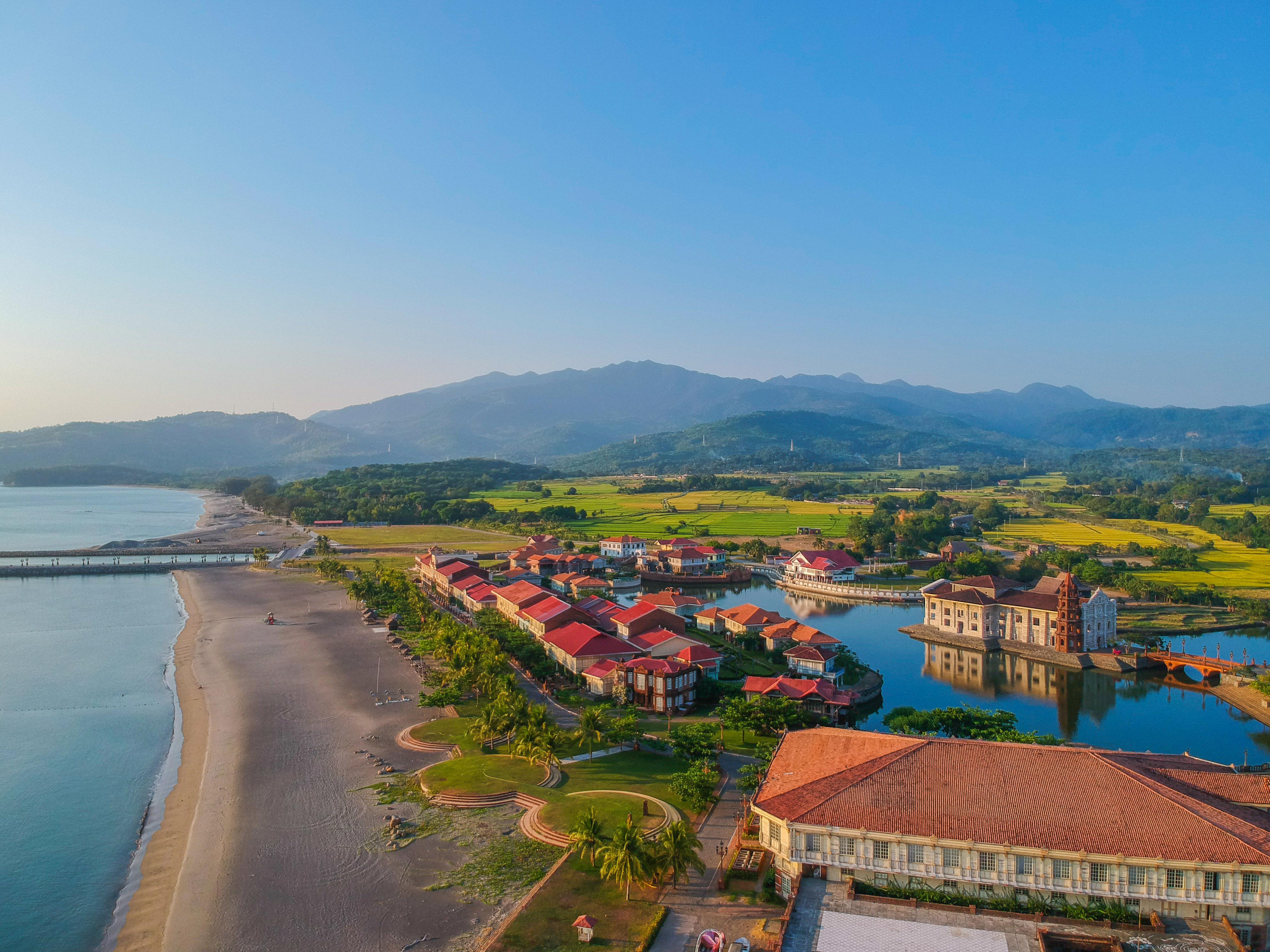The Philippines’ all-time high 8.2 million international tourist arrivals in 2019, contributed USD 9.31 billion or PHP 482.15 billion in visitor receipts, 20.81 percent higher than the 2018 figure of USD 7.71 billion, the Department of Tourism (DOT) disclosed.
Tourism Secretary Bernadette Romulo-Puyat said the constantly rising figures in inbound visitors and the corresponding income earned from their aggregate spend confirms the importance of the tourism sector as a key economic driver.
“The Philippine tourism industry’s continued impressive performance dramatizes the dedication, hard work and resilience of its stakeholders through a most challenging year. We count on the same enduring qualities to get us through the challenges this year,” said Sec. Puyat.
She said the 2019 record-breaking numbers again show the fruits of strong collaborative efforts among government, industry and civil society in realizing the goals of the National Tourism Development Program for 2016-2022 (NTDP), the masterplan of the country’s sustainable and inclusive tourism program designed to spur livelihood of marginal stakeholders and dispersal of benefits to the countryside.
Sec. Puyat noted that a foreign guest incurred USD 128.35 average daily expenditure while the average per capita expenditure for a whole trip is pegged at about USD 1,218.04 on an average length of stay of 9.49 nights, according to the data gathered by the DOT Office of Tourism Development Planning, Research and Information Management (OTDPRIM).
Double-digit growth in visitor spending was observed from February to December 2019, with August exhibiting the highest growth at 31.45 percent. Meanwhile, the largest volume was recorded in the month of December at USD 872.13 million.
The country’s consistent top visitor market South Korea posted the highest tourist spending of about USD 2,614,685,263.92; followed by China, USD 2,330,491,557.70; and the United States, USD 1,208,970,514.75.
Rounding off the 10 highest spending markets are Japan, Canada, Australia, Taiwan, United Kingdom, Germany and Malaysia.






